Centre for Media Studies (CMS), under the Indian Himalayas Climate Adaptation Programme (IHCAP) of the Swiss Agency for Development and Cooperation, launched a media engagement programme on climate change adaption in the Indian Himalayan Region (IHR). Under this programme, a series of media workshops and fellowships on adaptation to climate change in the Himalayan region have been organised during 2016-2019 period. The objective of the program is to trigger sustained interest in climate change, sustainability and livelihood issues among journalists, editors and media houses in the region.
Meet the fellows
2019
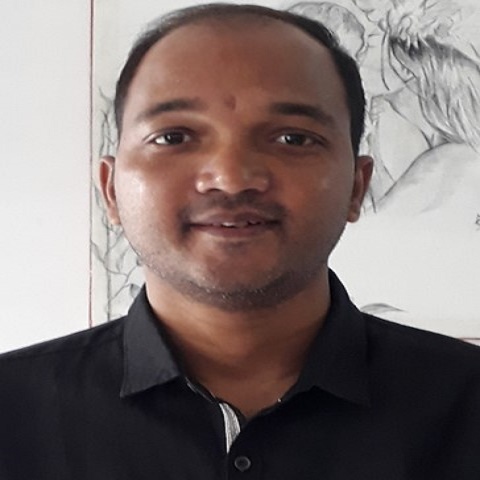
Sumir Karmakar
Sumir Karmakar is a correspondent with the Deccan Herald based at Guwahati and has been covering the North Eastern states. During his fellowship, he will be travelling to Majuli island, and would focus his stories on how the administration and residents are trying to make Majuli the country's first carbon neutral district by 2020.

Farhana Ahmed
Farhana Ahmed currently writes for The Assam Tribune based in North Lakhimpur district of Assam. As a part of her fellowship, she will be working on how the traditional pottery work by Kumars and boat making by Misings tribe in riverbank areas of the Brahmaputra in Assam are fast becoming redundant in their traditional livelihood activities.
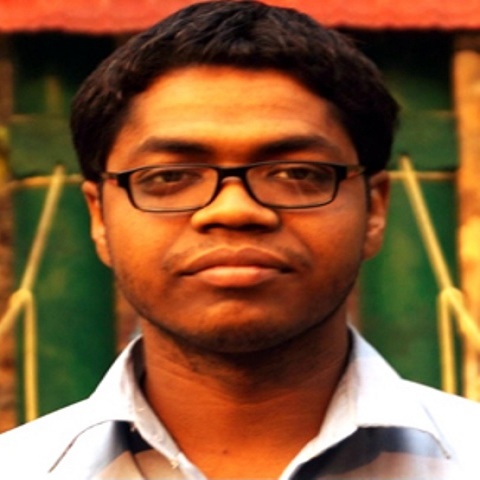
Kiran Bhowmik
Kiran Bhowmik is based in Gomati district of Tripura and he writes for UNI. During his fellowship, he will be focusing on different aspects of climate change affecting the agriculture in the state like productivity and livelihood.
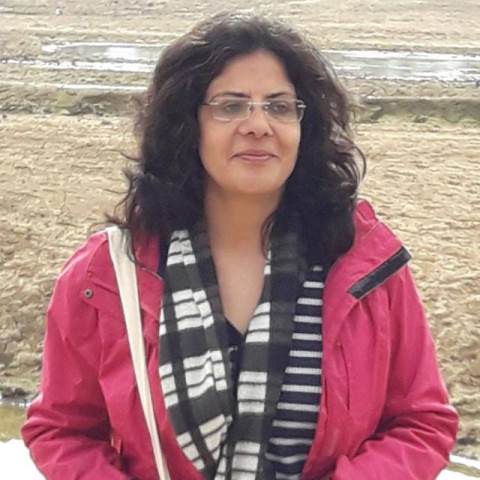
Seema Sharma
Seema Sharma is a special correspondent with The Times of India based in Chandigarh, covering for the states of Punjab, Haryana and Himachal Pradesh. As a part of her fellowship, she will be writing stories on habitat degradation and the state government’s mitigation plan in alpine and sub alpine area of Lahaul and Pangi of Himachal Pradesh.
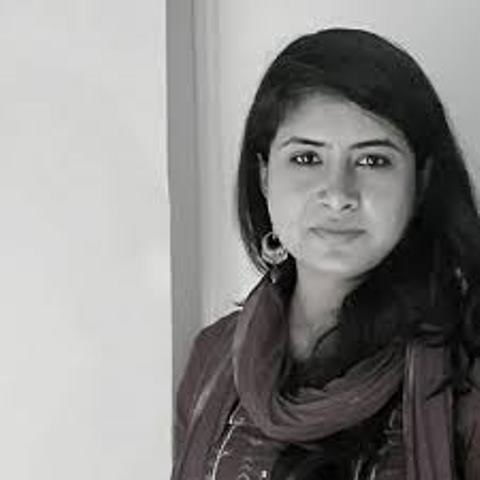
Srishti Choudhary
Srishti Choudhary is a science writer, based in New Delhi. As a part of her fellowship, she would be travelling to the north-east states of Arunachal Pradesh/Assam to understand how women are adapting to climate changes and about their understanding of climate risks. She will also be writing on the increase burden of infectious diseases in the Himalayan region, especially the vector-borne diseases.
2018
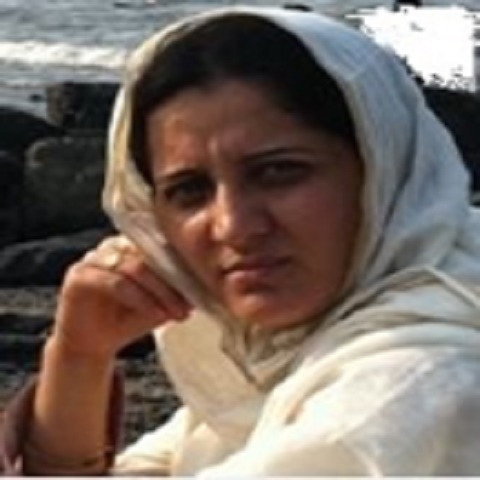
Afsana Rashid
Afsana Rashid is a Srinagar based freelance journalist and writes for Milli Gazette & Women’s Feature Service, The Kashmir Times, and Women International Perspective. Her fellowship would focus on threatened wetlands of Kashmir, dwindling springs and receding glaciers and their subsequent impact at the community level.
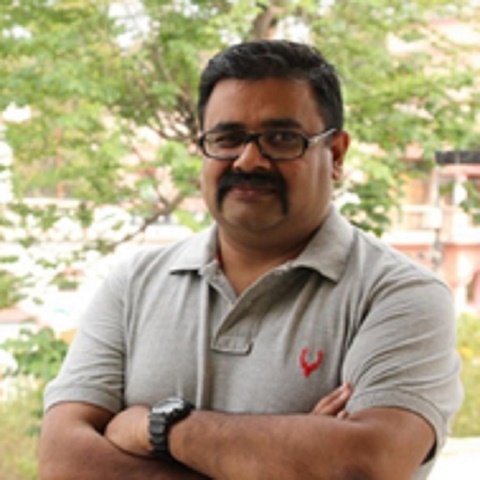
Anupam Trivedi
Anupam Trivedi is the Bureau Chief of Hindustan Times, Dehradun, Uttrakhand. He has over 19 year’s experiences in the mainstream media and has written extensively on various aspects of environment, politics, and social initiatives. His fellowship work will focus on the erratic weather pattern in the Himalayan region that has affected the agro cycle, particularly in the hilly regions of Uttarakhand. His study will also focus on the Nainital lake – which is on the verge of turning dry and numerous natural springs and a natural source of water that would supply water to the lifeline of lake town is on the brink of extinction.

Azera Parveen Rahman
Azera is a freelance journalist from Guwahati, Assam. She has previously worked with various media houses and international agencies as a copy editor. During her fellowship, she will explore the ways in which the farmer community in Assam, particularly in the hill districts, are adapting to the various manifestations of climate change. Through her stories she will strive to bring in a composite frame of voices from the ground and from experts to show the clear picture of the adaptation to climate change.
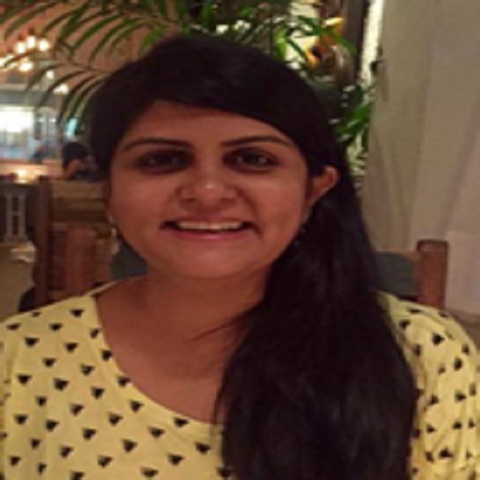
Nidhi Jamwal
Nidhi is an Independent Environment Journalist with over 18 years of experience. She has been freelancing for several publications like Scroll.in, The Wire, Deccan Herald, Village Square, and Down To Earth. As a part of her fellowship, she will work on traditional methods that are being followed by the farmers and agri-extension agencies to revive declining yield of large-cardamoms in Sikkim state of north east. In addition she will also write about revival of dry springs in the state with focus on local women who have benefited from spring shed development; and how climate change in the state is leading to increased human-wildlife conflict.
2017
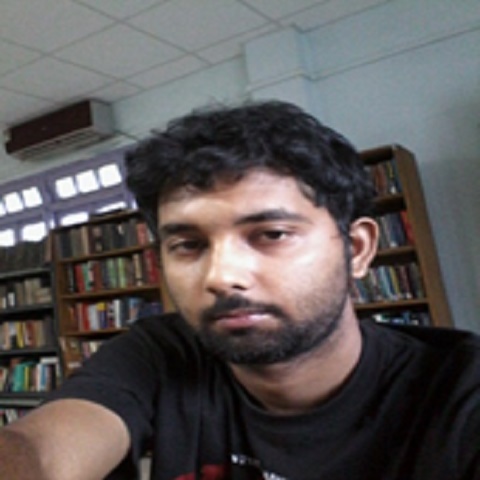
Bikash Kumar Bhattacharya
Bikash Kumar Bhattacharya is a freelance journalist and researcher based in Assam. He writes about environment, conservation, religious and ethnic revivalism, and political developments across Southeast Asia. His broad interest lies in environmental humanities. For the fellowship, Bikash’s stories will focus around climate change and gender; climate change and dietary habits along with climate change and agriculture.
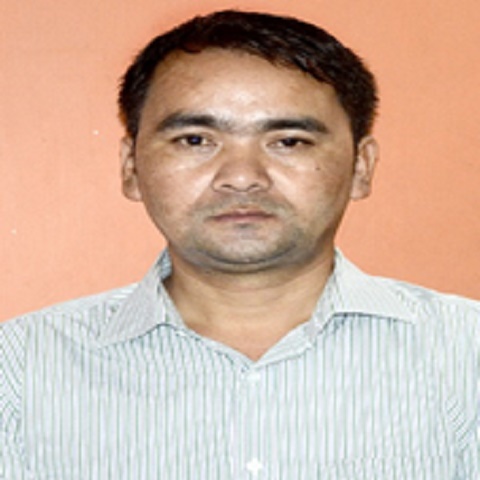
Ibomcha Yumnam
Ibomcha Yumnam works as a staff reporter with Poknapham and The People’s Chronicle Daily, Manipur. He is a recipient of Best Journalist Award in Rural Reporting by The Department of Information and Public Relations (DIPR), Manipur. Ibomcha will be writing about Deforestation and its serious impact in Manipur as part of the fellowship.

Preksha Sharma
Preksha Sharma works as an assistant editor at The Indian Quarterly magazine. She belongs to Jammu and Kashmir but has never stayed at one place for more than four years. She has written for The Caravan, The Indian Quarterly, Kyoorius Magazine, CN Traveller etc. Preksha will cover the impact of climate change on bio-diversity, nomadic communities, eco-system services and energy sector during the fellowship.
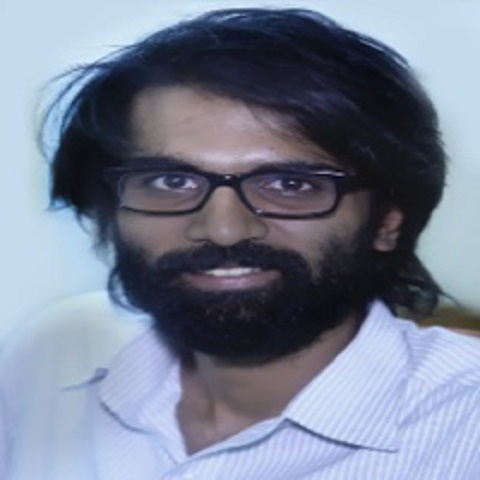
Shreeshan V
Shreeshan V has been working as a journalist with Down to Earth magazine since 2015. His work revolves around climate, water and science. As an environmental journalist, his primary objective is to make the natural world relatable to people, so that daily life can come to be seen as a dynamic interaction rather than just a ritualistic one. Shreeshan’s stories will focus on loss of permafrost cover and the formation of glacial lakes; change in Himalayan forests in relation to climate change and shifts in wildlife distribution, the perceived threats they pose and ways in which communities seek to protect themselves.







